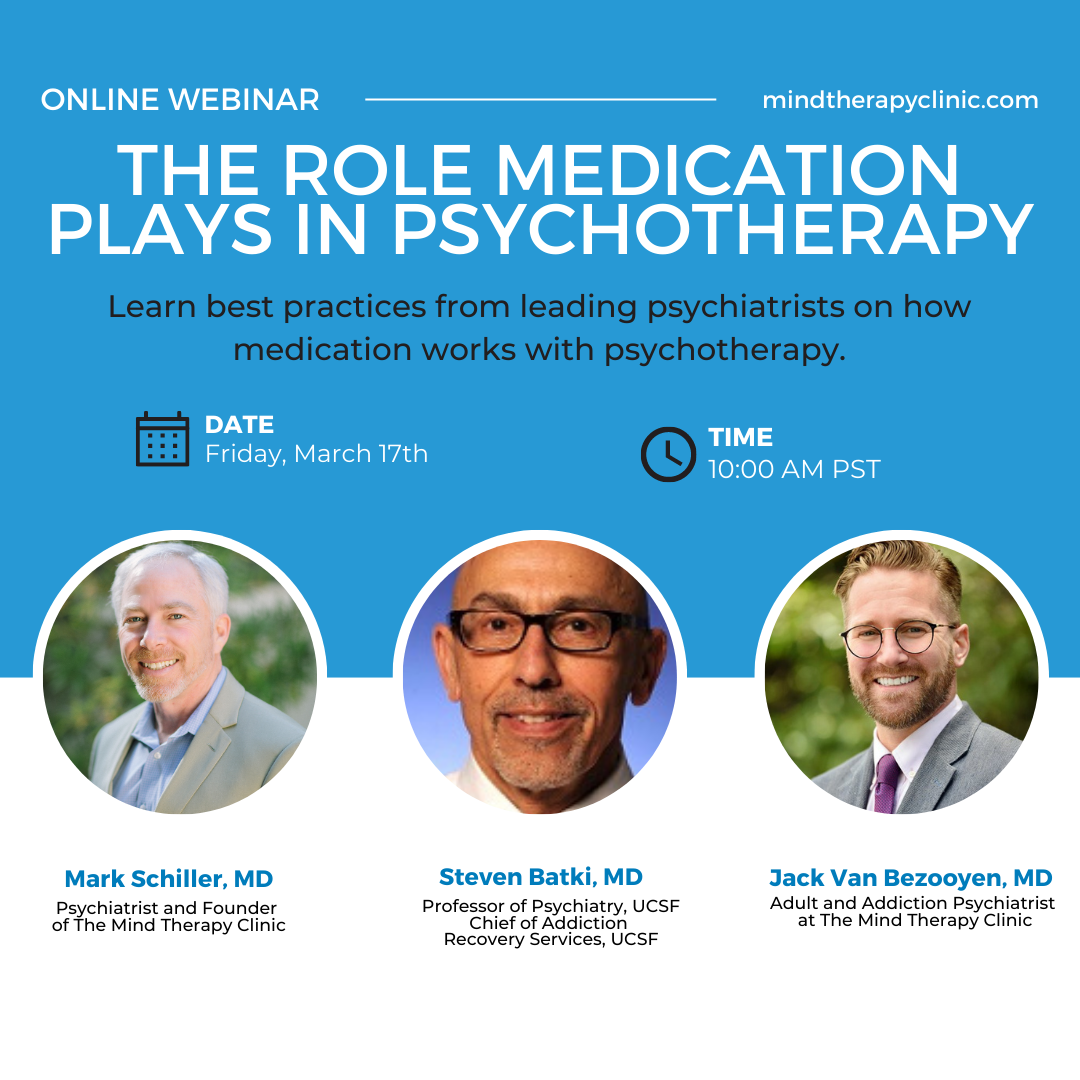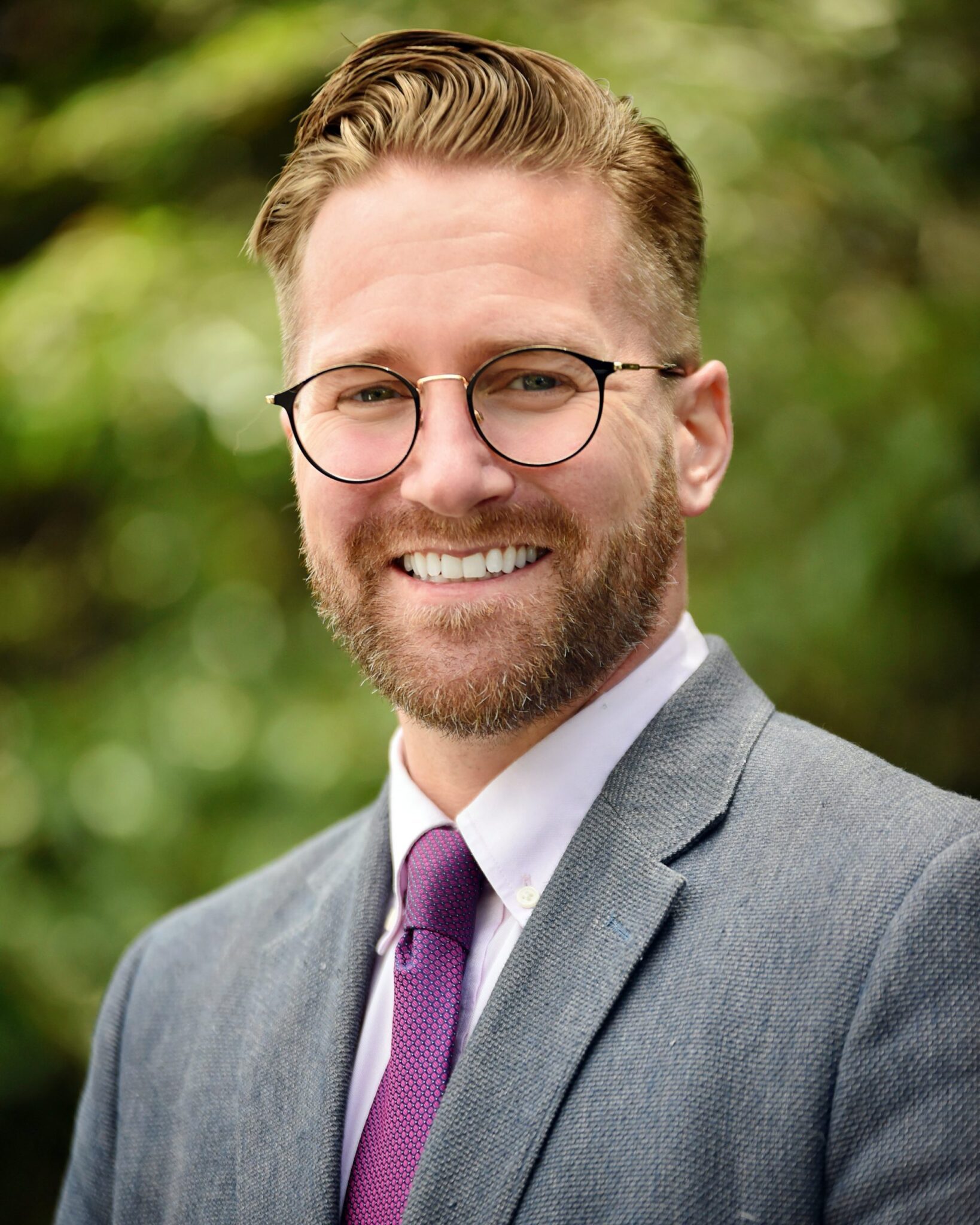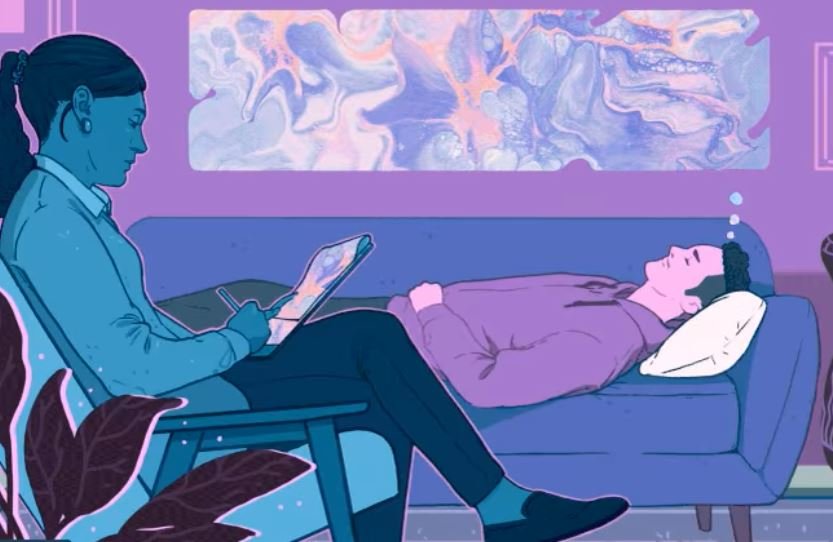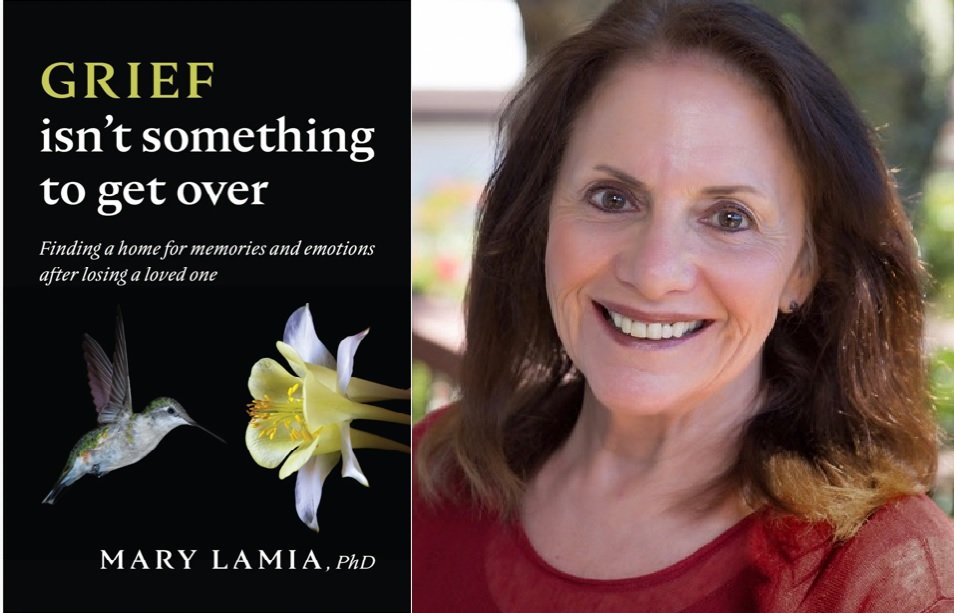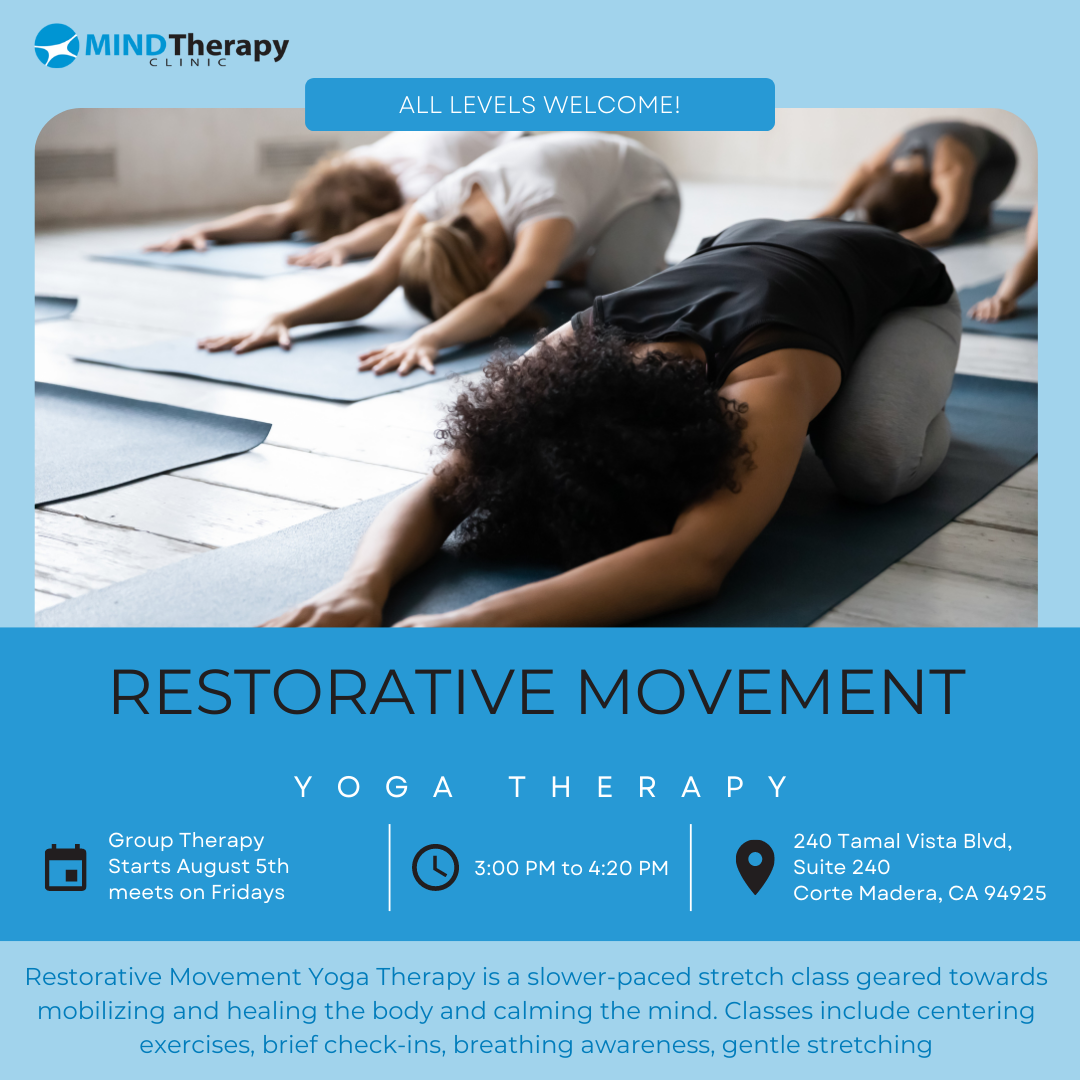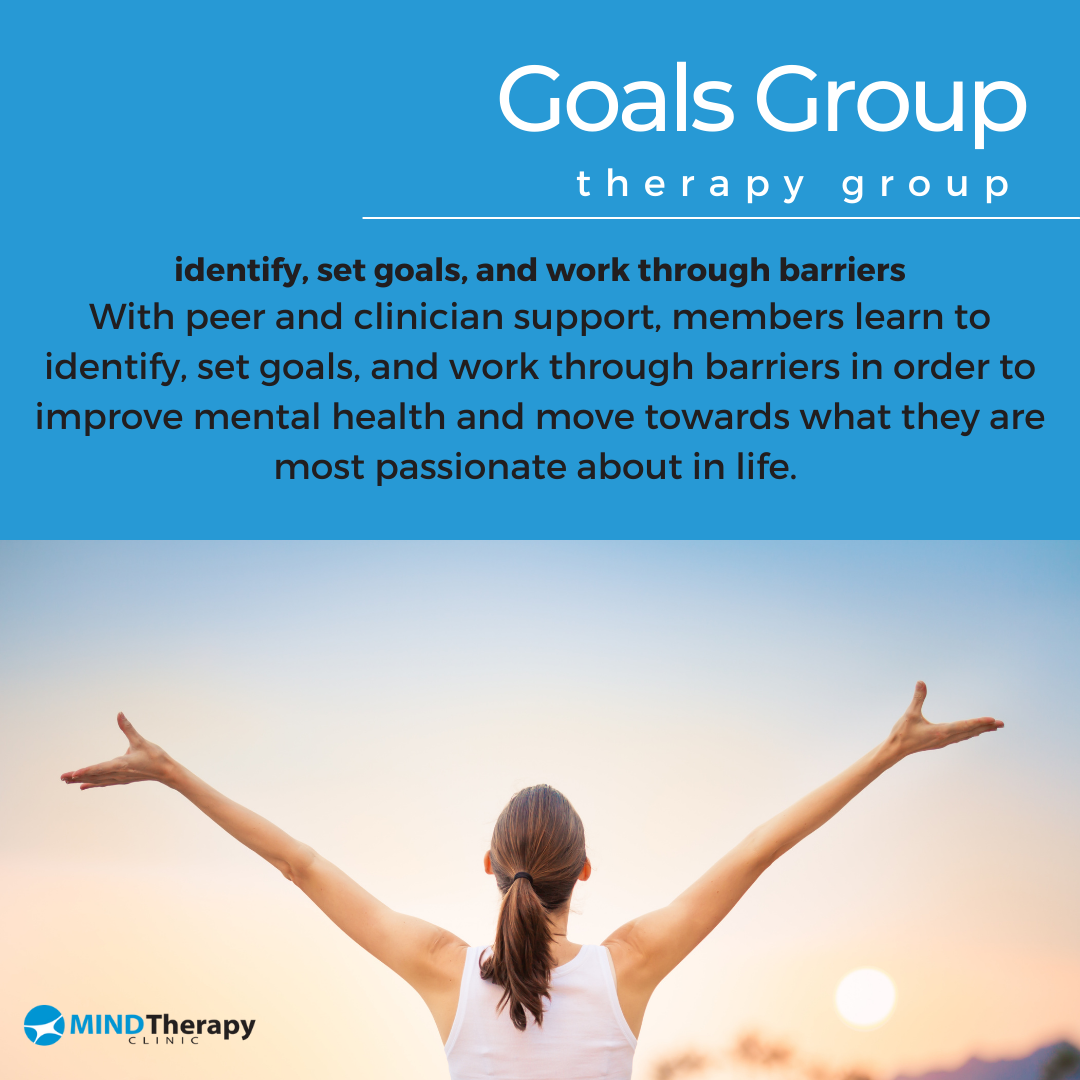Art therapy is a powerful tool that can help people explore their emotions and experiences in a safe and creative way. The benefit of a group setting is that it also provides an opportunity for participants to build meaningful connections with other group members. It can be a powerful source of support and understanding.
This group will help clients build inner resiliency through exploring personal expression using the arts. Our aim will be to alleviate depression, soothe anxiety, and create meaningful connections.
Continue reading


